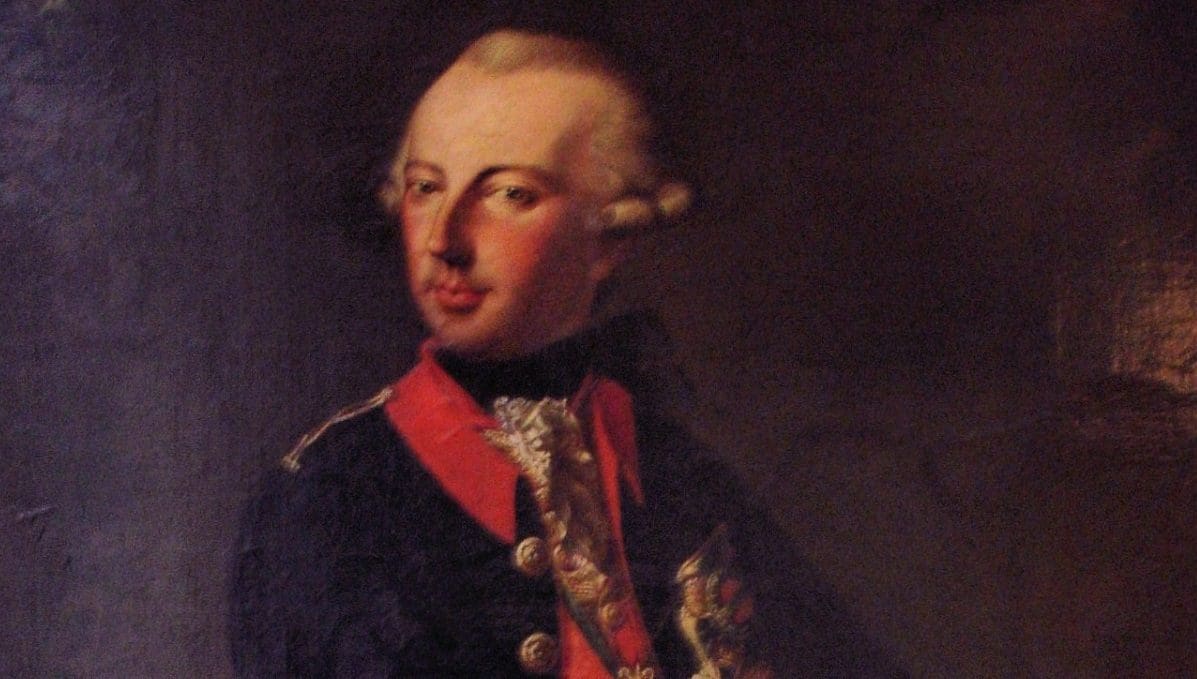The fundamental basis of individual freedom, aside from freedom of speech and of movement, is the freedom to exercise religion, which stems from this gospel verse: ‘Render unto Caesar the things that are Caesar’s, and unto God the things that are God’s.’ (Matthew 22, 21)
Yet while freedom of religion as a political right—a society without it cannot claim to be free—prevents the State from favouring a specific religion or from discriminating against one, it also requires the government to likewise render unto God His due.
In Hungary, the constitution provides for freedom of religion, including the freedom to choose, change, or manifest religions or beliefs, cites ‘the role of Christianity’ in ‘preserving nationhood,’ and values ‘various religious traditions.’ It also prohibits religious discrimination, speech violating the dignity of any religious community, and stipulates the autonomy of religious communities. At the same time, the body politic in Budapest, recognising its responsibility before God, on 15 December 2020, amended its constitution, adding language stating that children must be guaranteed an ‘upbringing based on values stemming from our [Hungary’s] constitutional identity and Christian culture’.
Notwithstanding the oppression of religion during the National Socialist and Soviet takeover of Hungary last century, the right to free worship, a bulwark of Hungarian society, is due to the religious freedom conferred by the Holy Roman Emperor Joseph II (1741-1790).
Many of us who watched the 1984 film Amadeus perhaps see Joseph II, portrayed by Jeffrey Jones, as the ‘musical emperor’. While such a view is not wrong, his legacy goes beyond that.
Certain historians at times remember Joseph II as the one who ‘shook Hungary from its malaise when he inherited the throne from his mother, Maria Theresa’. Others see him as just the opposite, especially in light that in 1784, since Hungarian was spoken by only part of the population of that kingdom, he decreed that its official language of state affairs, Latin, had to be replaced with German. And, although Hungary had been under Habsburg rule since the Battle of Mohács of 1526—when the Ottomans defeated the Hungarians—Joseph refused to take the Hungarian coronation oath, apparently to avoid being constrained by Hungary’s constitution. This was not because he wished to humiliate the Hungarian people, as sustained by some. Rather, he saw the use of the German language as a pragmatic means to facilitate the administration of government. Naturally, many Hungarians interpreted this ruling to be a threat to their culture.
When Joseph first rose to the throne, he launched a vast modernising policy that he had cultivated during his mother’s reign. In fact, some of those reforms, such as consolidating the educational system and organising public health service, were already initiated under Maria Theresa—in Joseph’s time, the General Hospital in Vienna was considered one of the best equipped in Europe.
Despite vehement opposition from the aristocracy and the clergy, he nevertheless pursued reforms that included abolishing serfdom, which granted the peasants the freedom to leave their holdings, marry, and place their children in trades. He also put an end to ecclesiastical censorship and the dissolution of monasteries not engaged in what he saw as useful activities, like teaching or hospital work.
All this laid the foundation for the economic boom that the Austro-Hungarian Empire would experience in the 19th century.
Yet his watershed moment was when he broke from his mother’s policies and issued the Patent of Toleration in 1781, which granted Protestants and Orthodox Christians full civil rights, and for Jews, freedom of worship.
Maria Theresa, prior, was both violently anti-Semitic and aggressively hostile to Protestants for most of her reign. As late as 1778, in her patent religio aimed at the peasantry, she banned all Lutheran books, laid down that only Catholics could marry, and that only persons certified as being members of a Catholic Church could purchase and own property. And even though she realised that the Empire could not do without the specialist knowledge and capital of Protestant entrepreneurs—she tolerated them but not their faith—in many cases, she had them removed to Hungary or other areas of the Monarchy, so that their economic power was retained for the Habsburg Empire.
Catholics who left the faith were punished, at times by public flogging. Joseph had remarked that such measures were ‘unjust, impious, impossible, harmful and ridiculous’, threatening to resign as his mother’s co-regent if they were not revoked.[1]
Joseph also saw how King Louis XIV’s revocation of the Edict of Nantes (1598), which guaranteed religious freedom and certain rights to Protestants in France, led to the French Revolution
—as a result of Louis’ decision, either one became a Catholic if he or she wanted to enjoy whatever rights were granted to the common folk, or one was compelled to leave France.[2]
Many of Joseph’s reforms, especially those related to religion, did not have the immediate effect he had hoped for. Part of this was due to opposing aristocrats and clergy who refused to give up their fiefdoms. Another reason was that he went too far and too fast with his new policies, such as abolishing ecclesiastical tribunals, redefining marriage as a civil contract outside the jurisdiction of the Church, reducing the number of holy days, stripping the tithe from the clergy, and ordering seminarians to study in seminaries under government supervision.
Yet his legacy was one that saw the individual as someone who had to be treated equally in a society that did not treat everyone as equals, and not just in Hungary.
[1] Jonathan Israel, Democratic Enlightenment: Philosophy, Revolution and Human Rights 1750–1790. Oxford, Oxford University Press, 2013, 283.
[2] Cfr. Joseph T. Stuart, Rethinking the Enlightenment: Faith in the Age of Reason. Manchester, Sophia Press, 2020, 85-92, 95, 102, 104, 110, 117, 146.








